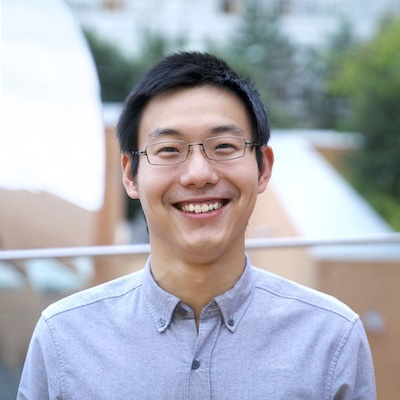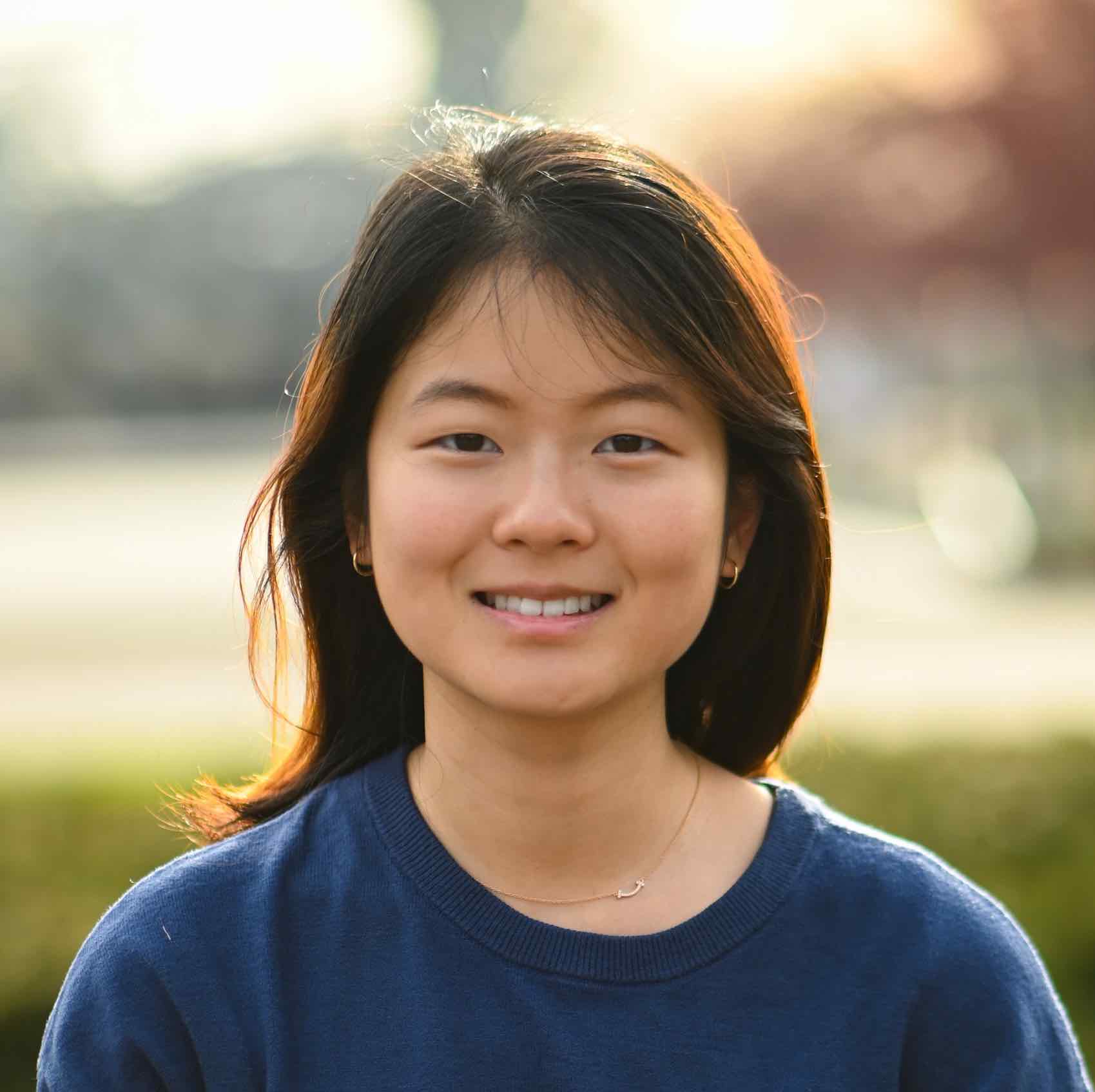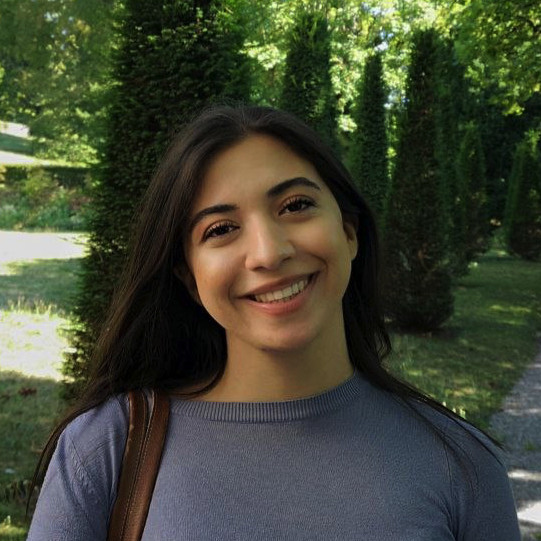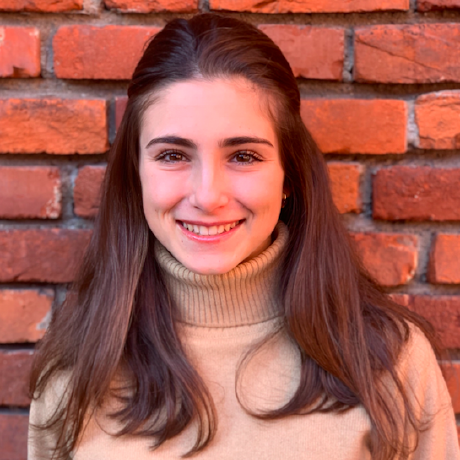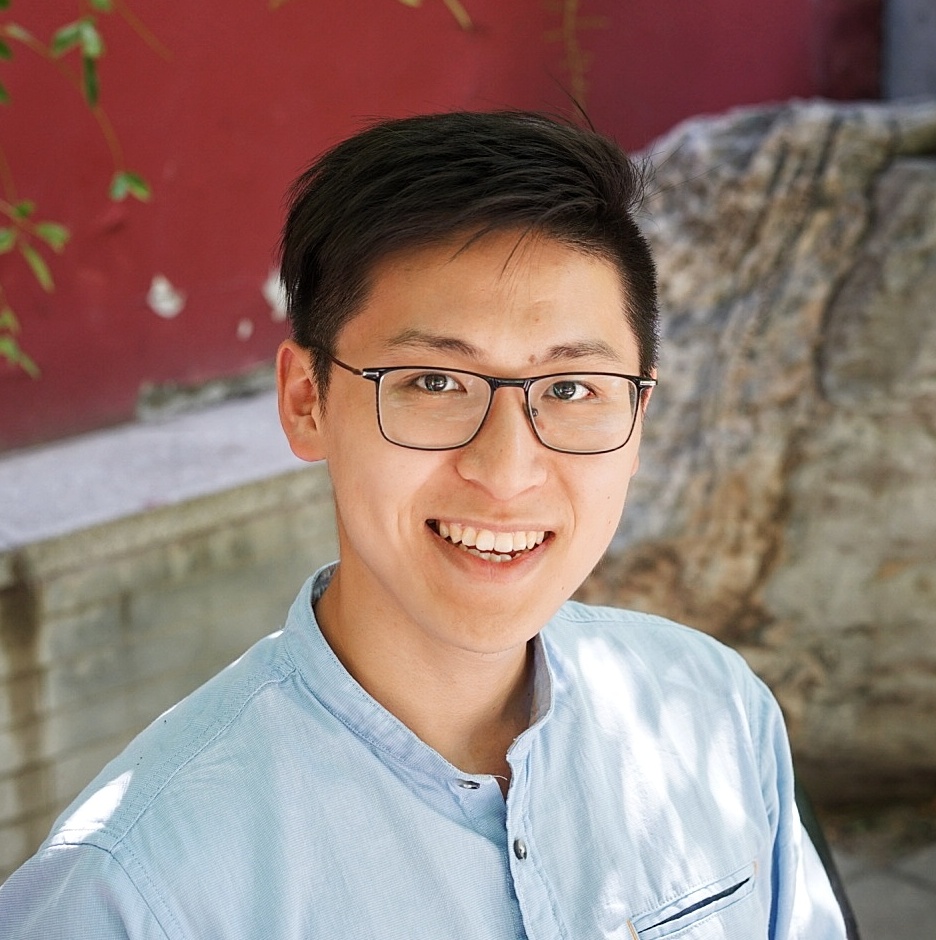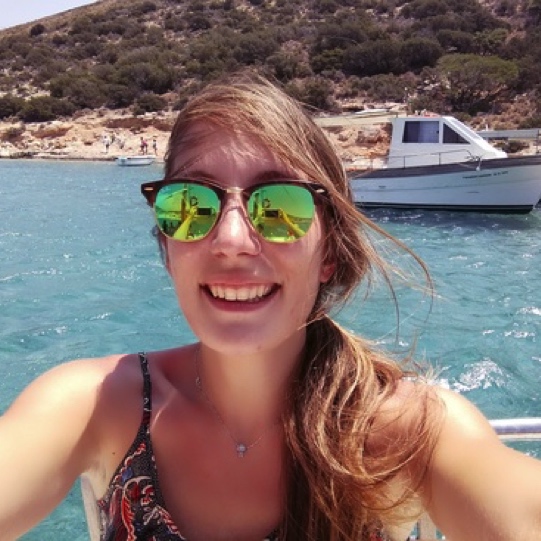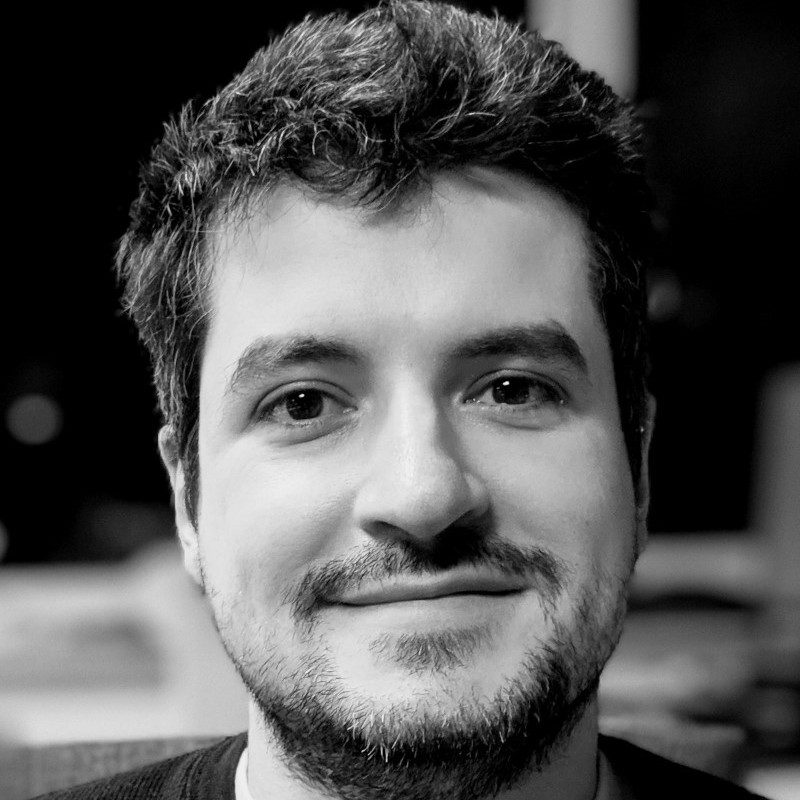AffordanceLLM: Grounding Affordance from Vision Language Models
Shengyi Qian, Weifeng Chen, Min Bai, Xiong Zhou, Zhuowen Tu, Li Erran Li
Challenge 🚀
This year, our challenge will consist of two tracks, open-vocabulary 3D object instance search and open-vocabulary 3D functionality grounding.- Challenge Track 1: Open-vocabulary 3D Object Instance Search
- Submission Portal: EvalAI
- Data Instructions & Helper Scripts: April 17, 2024
- Dev Phase Start: April 17, 2024
- Submission Portal Start: April 19, 2024
- Test Phase Start: May 1, 2024
- Test Phase End: June 14, 2024 (14:00 Pacific Time)
- Challenge Track 2: Open-vocabulary 3D Functionality Grounding
- Submission Portal: EvalAI
- Data Instructions & Helper Scripts: April 17, 2024
- Dev Phase Start: April 17, 2024
- Submission Portal Start: April 19, 2024
- Test Phase Start: May 4, 2024
- Test Phase End: June 14, 2024 (14:00 Pacific Time)
Please check this page out for an overview of last year's challenge results. We have also published a technical report providing an overview of our ICCV 2023 workshop challenge.
Our workshop challenge is proudly supported by:



